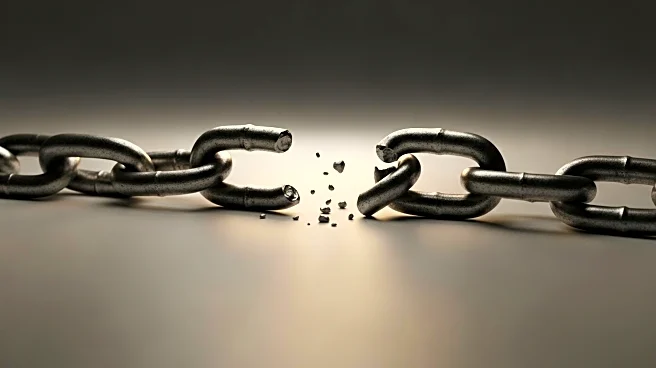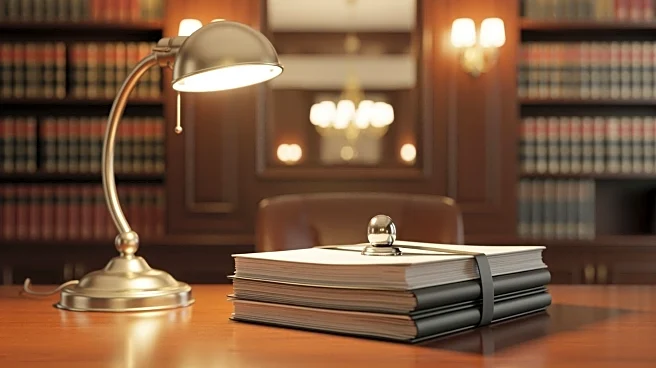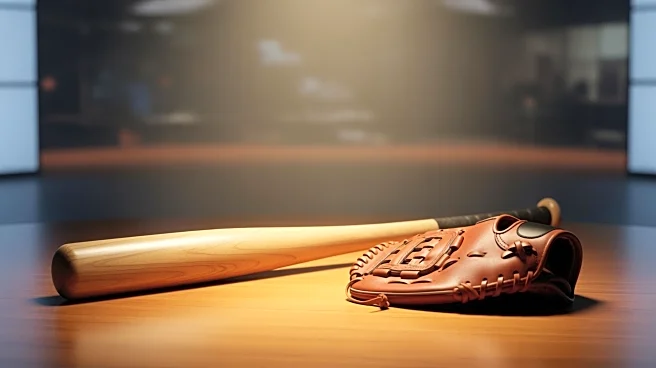What is the story about?
What's Happening?
The assassination of Charlie Kirk has ignited a contentious debate surrounding cancel culture and free speech. Following his death, various companies and universities have taken action by dismissing employees who have expressed opinions on social media either criticizing Kirk's views or supporting his assassination. This situation has raised questions about the boundaries of free speech and the implications of cancel culture, as institutions grapple with defining acceptable discourse. The incident has highlighted the challenges in balancing freedom of expression with societal norms and the potential consequences of public statements.
Why It's Important?
The debate over cancel culture and free speech is significant as it touches on fundamental principles of democratic society. The actions taken by companies and universities in response to social media posts reflect broader societal tensions regarding the limits of free speech and the role of institutions in regulating discourse. This situation could have implications for employment policies, social media guidelines, and public discourse norms. Stakeholders, including businesses, educational institutions, and civil rights advocates, may face pressure to clarify their positions on free speech and the extent to which they will tolerate controversial opinions. The outcome of this debate could influence future policies and societal attitudes towards free speech.
What's Next?
As the debate continues, institutions may need to reassess their policies on employee conduct and social media usage. Legal challenges could arise as individuals contest dismissals based on their online expressions. Public discourse may evolve as stakeholders, including political leaders and advocacy groups, weigh in on the issue. The conversation around cancel culture and free speech is likely to persist, potentially leading to new guidelines or legislation aimed at balancing free expression with societal standards. Observers will be watching for any shifts in public opinion or policy changes that could redefine the boundaries of acceptable speech.
Beyond the Headlines
The assassination of Charlie Kirk and the subsequent debate on cancel culture and free speech may have deeper implications for societal norms and values. It raises ethical questions about the responsibility of individuals and institutions in shaping public discourse. The incident could prompt a reevaluation of the cultural dynamics that influence how opinions are expressed and received in the digital age. Long-term shifts in societal attitudes towards free speech and cancel culture may emerge, potentially affecting how future generations engage with controversial topics.
















